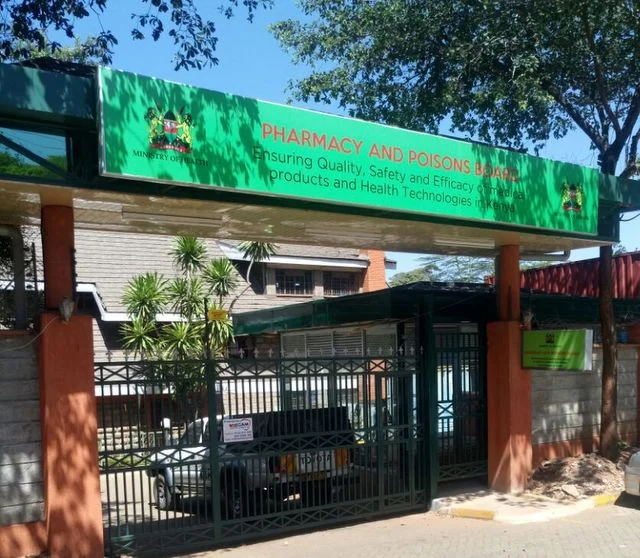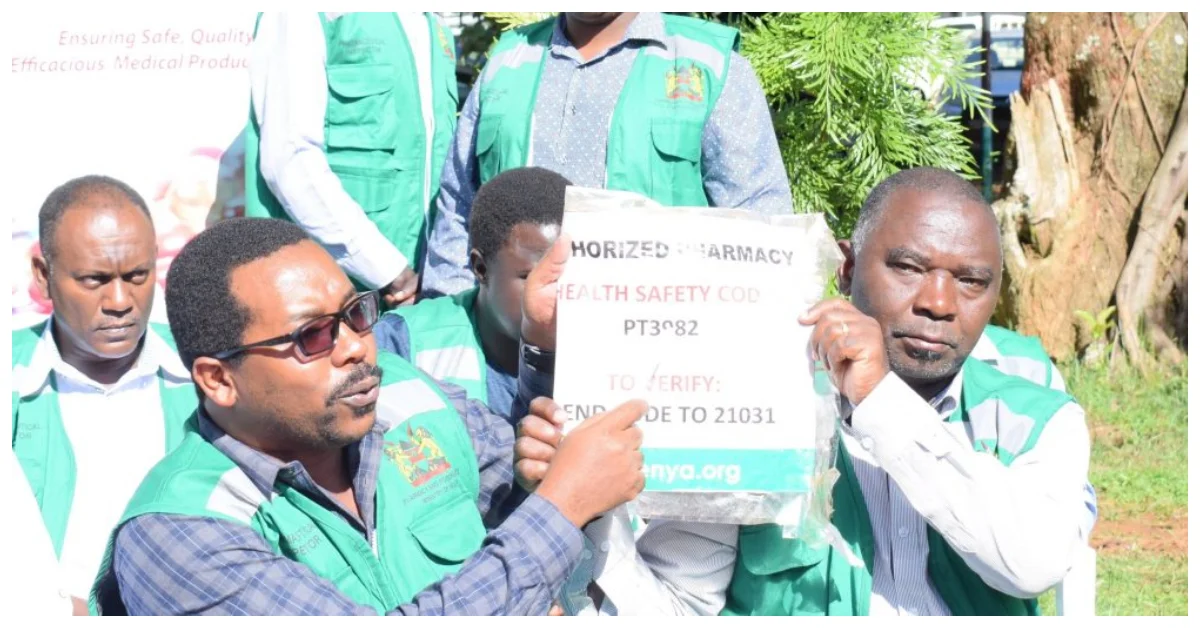The Pharmacy and Poisons Board (PPB) has recently put forward a proposal to increase licensing fees for professionals and businesses within the pharmaceutical sector.
The new proposal could result in the doubling or tripling some fees, while others might increase by 20 or 40 percent. However, a few fees are expected to remain unchanged. The rationale provided by the PPB for these fee adjustments is to keep up with the rising costs of services and the technological advancements necessary for ensuring the provision of high-quality services.

One of the most significant changes is the proposed increase in the Annual Practice License for pharmacists, which is expected to rise from Ksh5,000 to Ksh10,000. The Registration of Pharmacy Premises fee will also experience an uptick, going from Ksh10,000 to Ksh15,000. The wholesale dealer’s license is slated for a significant increase, jumping from Ksh20,000 to Ksh50,000.
Additionally, licenses related to dealing in mining, agricultural, and horticultural poisons, as well as the sale of Part II poisons, are set to be adjusted from Ksh5,000 to Ksh10,000. Companies manufacturing drugs could face a substantial burden, as they may be required to pay Ksh5,000 per product.
Read Also: Licenses Of NightClubs In Residential Areas In Nairobi Cancelled
Pharmaceutical representative permits will become more expensive, rising from Ksh5,000 to Ksh10,000. The manufacturing license fee will see a threefold increase, going from Ksh50,000 to Ksh150,000, and certification of documents will also experience a tenfold increase, moving from Ksh1,000 to Ksh10,000.
The PPB has justified these proposed fee increases by citing the expanding regulatory scope, which has strained the organization’s resources and reduced its revenue base. The board contends that these changes are necessary to meet the current regulatory resource needs and ensure the continued provision of high-quality services.
“As such there is an urgent need to expand our revenue base to meet current regulatory resource needs and ensure sustainability of providing quality services,” the Pharmacy and Poisons Board stated in a statement.
Subscribe to our YouTube channel at Switch TV.
However, there are concerns that these amendments have not adequately addressed the growing mandate in terms of fees for services rendered and penalties imposed on offenders. This raises questions about the potential financial burden on professionals and businesses within the pharmaceutical sector and their ability to sustain their operations in the face of these increased costs.
















